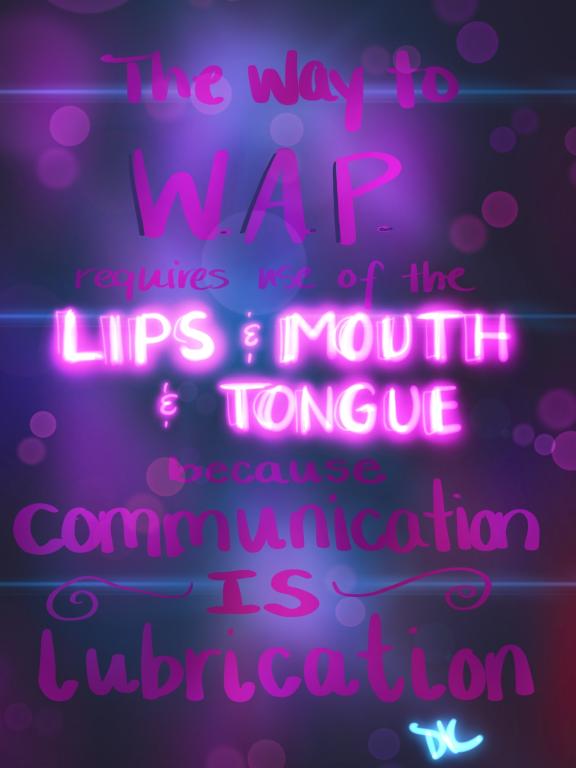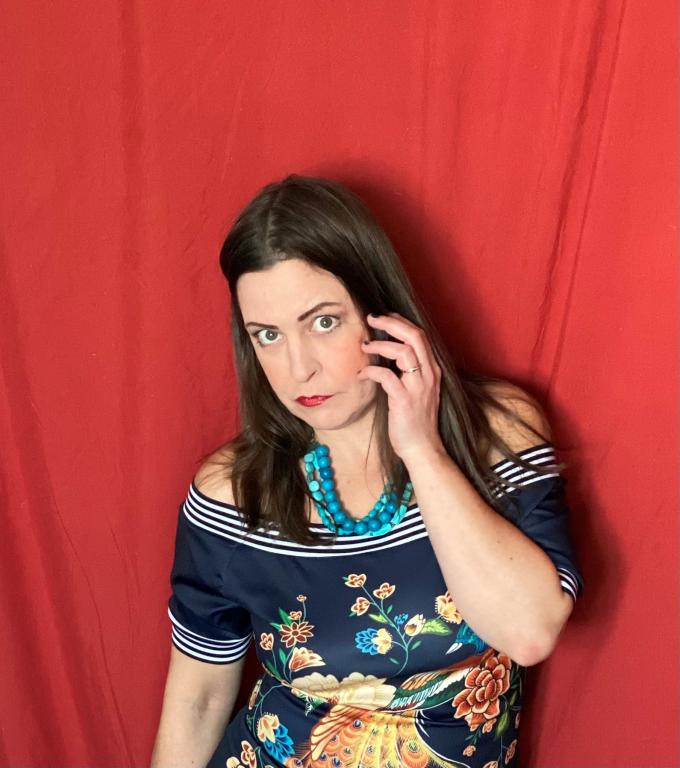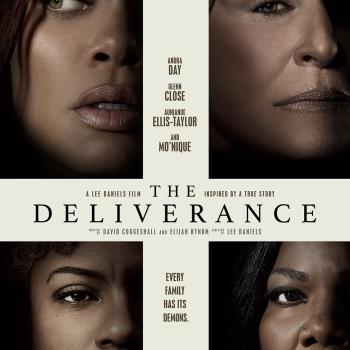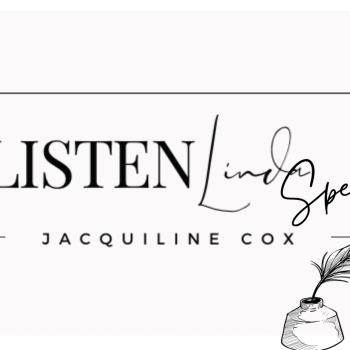
What it is that really gets the fluids flowing and amps up erotic arousal and desire? You might think it’s some clever position, or sexy lingerie, some bougie pillow, or mattress. But the time-tested lubricating luxury that has been bequeathed to all of humanity is quite simple—it’s communication.
You see, the way to a W.A.P. and a stiff concoction of connecting moments requires the use of the lips, mouth, and tongue. This brings a whole new meaning to talking in tongues, doesn’t it?
When we are first introduced to the topic of sex as adolescents, it’s a big conversation. It’s serious. It’s humorous, a bit embarrassing, and words are fumbled over. And then it’s like we never have another conversation about it again. Well, maybe you do, but with your friends, on the bus, or during confirmation class, but from then on, it’s typically not a big conversation. It’s quick and quiet.
We begin cultivating a relationship. How do we address sex? Which questions can I quickly ask? For me, it was always the simple ones: “When’s the last time you had an STD test?” “Did you bring a condom?” (I actually always had a condom with me, but I always wanted to see how responsible he was, so I asked him first.) “Do you currently have any STDs?” In return, I would share information: “I have kids, so my stomach doesn’t look normal…I have stretch marks.” “I have never had an STD and my last batch of tests were taken on…” “I don’t give head, so don’t ask.” “I don’t like anal, so don’t try.” “Will you please wash your penis.” So hot, right?
Many of us consider these types of exchanges to be all that is needed to establish the next level of intimacy with a partner. Some couples don’t even get that deep into a discussion before doing the dirty. And disappointingly, our first sexual encounters with one another can quickly become a metric for pleasure. The expectation is that it will have similar results and the assumption is that the other partner is satisfied. What’s the point of traipsing back to that big, serious sex conversation we had as adolescents? If we start a conversation like that, we may begin to ask questions. What if I don’t like the answers? What if it makes me feel like an embarrassed teen again? Doubt creeps in and we may feel reluctant to delve back into details like that.
When you begin a relationship that way, what ends up happening is that our reluctance to have another big conversation grows like cilantro—it spreads all over the damn place. This singular reluctance to open the big conversation spreads seeds all over every dimension of our life. That initial reluctance to say what we want, to declare what we don’t want, to share what we like and what we’ve experienced paves a path to people-pleasing subservience and submission. And it’s a trait that filters through so much of who we are, and often it’s unconsciously filtering through many of our relationship dynamics.
It’s important that we establish a more developed baseline for big conversations. Doing so sets up one of the most important boundaries around our relationship. This is our starting point that we want to cement as the foundation for right relation. I know what I want, and I know how to ask for it. I know my ability. I know my potential. I know my value. It’s important that our partner knows how we view ourselves. If this is the standard for how we view ourselves, imagine what can be interpreted from that by our partners? If I enter a relationship with that kind of openness and honesty, that demonstrates that I value my relationship. It sets a tone for how I want to be treated and how I will treat my partner.
If I don’t take initiative to inform my partner of what I like and what I want, even as they are changing (which can be daily for some of us, I can attest), apathy, complacency, contempt, and/or resentment may develop. I would withhold sex from Cory when there was a conflict in our relationship. I’ve advised clients who have altogether decided that their partner will never know what they like or how to do it right. Ain’t nobody got time to teach him between work, the kids, and college courses online, so what is the actual point? The thing of it is, if you want to satisfy sexual experiences with your partner, you must teach them. The teaching never stops, either. Consider that, while apathy, complacency, contempt, resentment, and withholding may seem like reasonable tools that validate your emotional state and send some sort of message to your partner; there are other tools available to use.
In the next segment of this series, I will outline some of these other tools available for us.
We don’t want to create problematic patterns that set us up for failure. Instead, we have an option to express our desires, thoughts, and wants. It doesn’t make me needy when I tell Cory what I want or how I want it; it makes me confident. Confidence—by the way— is one of the sexiest features of a human. I am confident about what I like, and this demonstrates that I know what pleasure is for me. What I know for myself to be true about what feels good, I want my husband to know. The only way he will know is if I tell him.
Why wouldn’t you invite the one you love into that? Why wouldn’t you want a big conversation about it? Big conversations can lead to even bigger things!
Communication = Lubrication ⇒ Stimulation
Once we lubricate and stimulate the mind, that’s when the juices really start flowing for the physical component of the coital inclination that arises from a conversation.
















